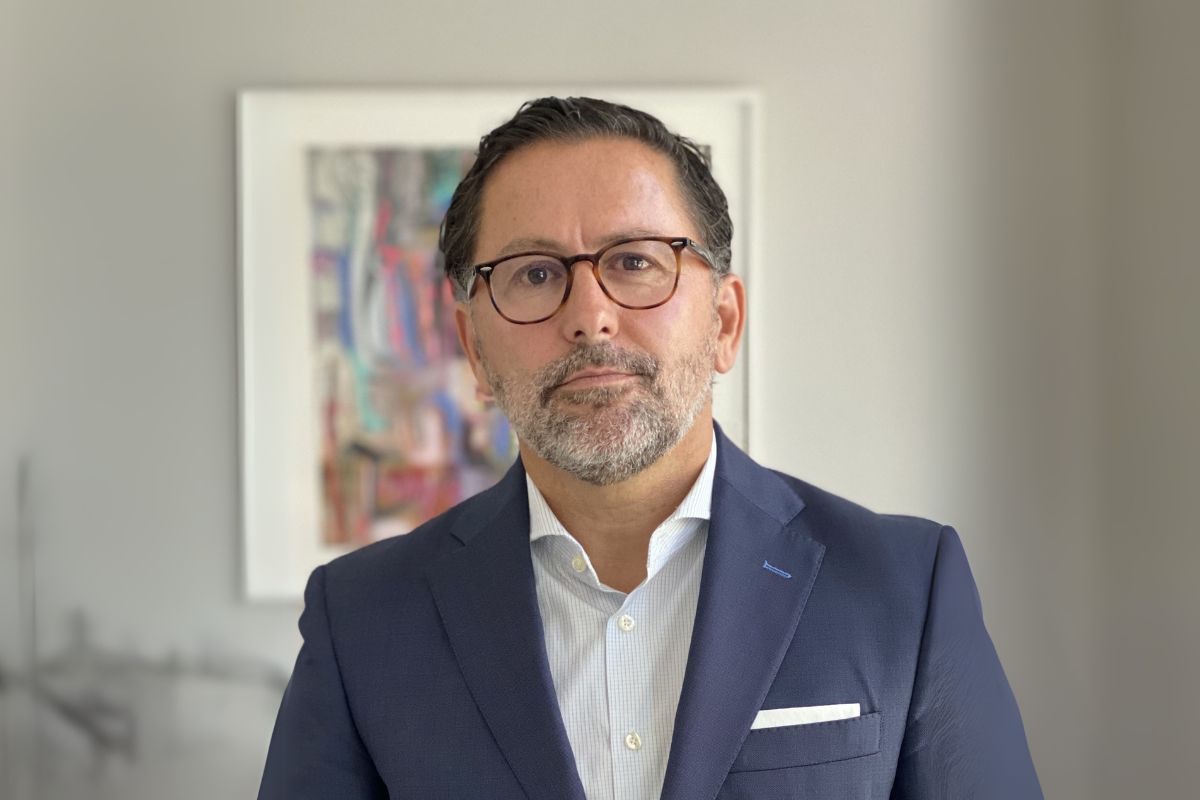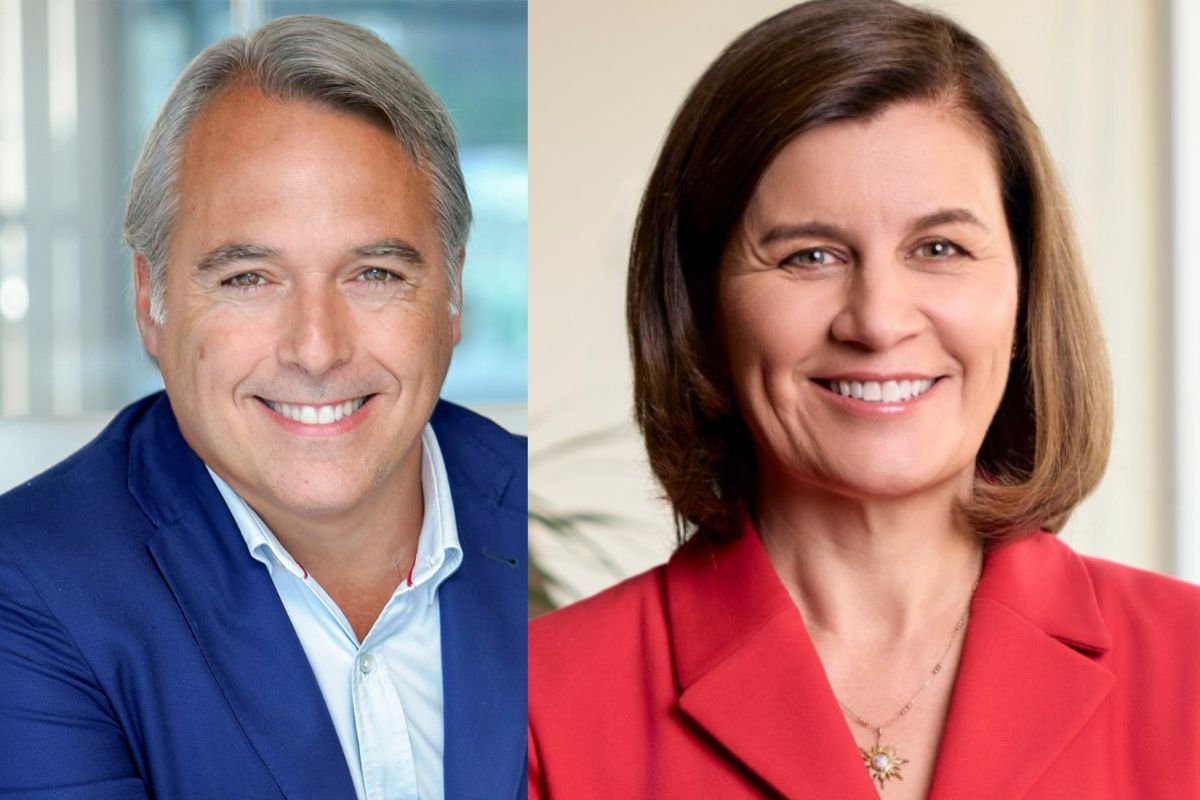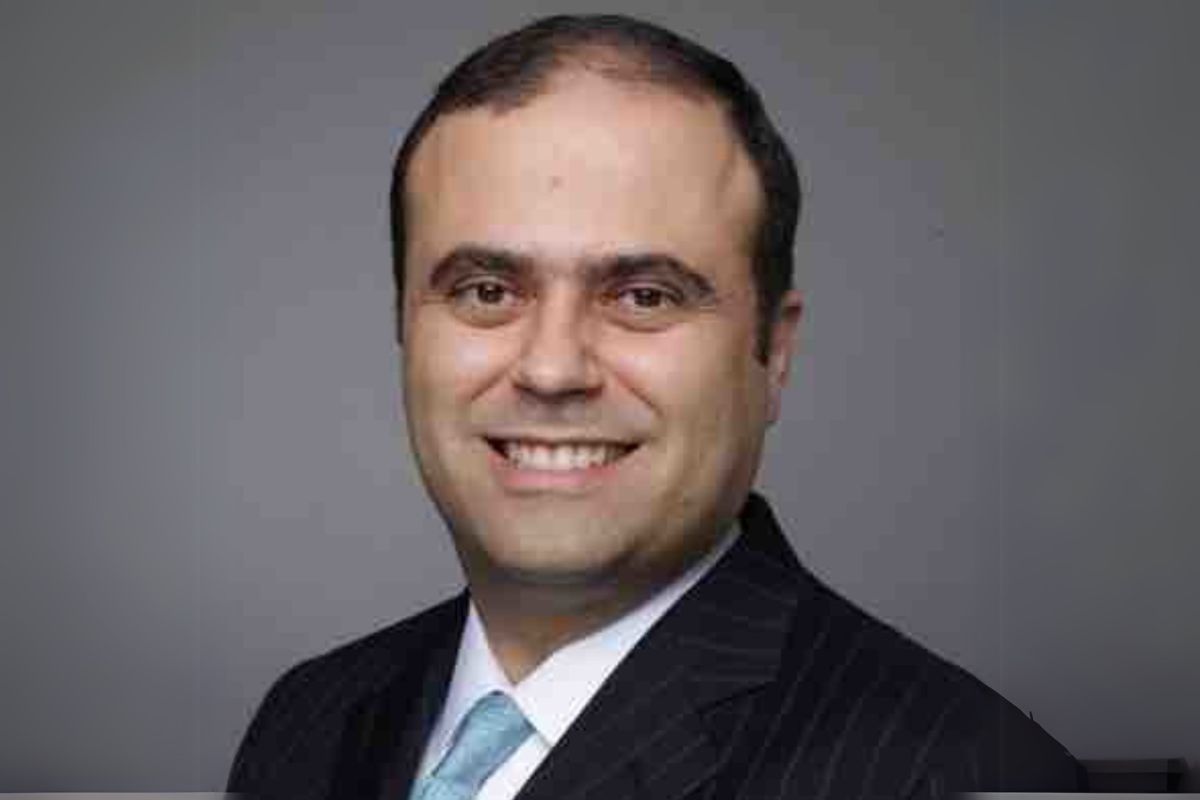Despite showing resilience in the first quarter, investment firms remain alert to the potential impact of U.S. tariffs on emerging markets, with Asia seen as the most vulnerable region and Latin America the least. While keeping this risk on their radar, they acknowledge that emerging markets’ macroeconomic fundamentals remain solid and that central banks still have room to maneuver—opening up a wide range of opportunities.
“It is too early to accurately assess the impact on growth, given the risk of new retaliations or even the potential for negotiation during the 90-day truce. But it is clear that growth will adjust. Emerging market growth has always been reliant on global trade and, as in 2018/2019, a decline in global trade will hurt exports. Similarly, high uncertainty in the coming quarter will at least limit business sentiment and investment, as questions about supply chain positioning will prevail,” said Guillaume Tresca, Senior Emerging Markets Strategist at Generali AM, part of Generali Investments.
On the tariff impact, Tresca foresees increasing differentiation across emerging market regions, with Asia being the most affected. On average, Asia faces tariffs above 20% and sends over 15% of its exports to the U.S. However, Asian central banks have remained conservative and still have room to ease monetary policy.
He also expects countries in Central Europe, the Middle East, and Africa (CEEMEA) to benefit from their integration into the EU value chain and their relatively lower exposure to U.S. exports. “Latin American countries are more immune than European ones, as their tariffs are higher. Among them, Mexico benefits from the USMCA for certain exports, and Brazil’s exports to the U.S. are limited. That said, there is a risk of secondary impact on Chile and Peru‘s mineral exports to China if China slows significantly,” he added.
A Question of Resilience
Schroders’ Emerging Markets team notes that EM equities have outperformed the U.S. market this year, driven by political uncertainty in the U.S. (tariffs and dollar) and the launch of China’s DeepSeek AI investment model.
“The damage from tariffs appears to be very U.S.-centric, as they are not yet high enough to stop trade flows. The U.S. has large twin deficits and an overvalued currency. Once short-term volatility subsides, that’s a clear medium-term positive for emerging markets,” they argue.
Olivier D’Incan, Global Equity Fund Manager at Crédit Mutuel Asset Management, notes that emerging markets tend to grow faster than developed economies, driven by a rising middle class and expanding economic infrastructure. “In recent years, high U.S. interest rates have weighed on emerging market currencies, but the Fed’s expected rate cuts by year-end should ease that pressure,” he explained.
That said, he also acknowledges that recent geopolitical tensions surrounding global trade cannot be ignored and that companies with high U.S. exposure may face short-term volatility. “Several high-quality companies that are leaders in their domestic markets are capitalizing on these long-term trends, providing global investors an opportunity to diversify beyond the U.S. economy,” D’Incan added.
In Search of Opportunities
When discussing opportunities, D’Incan highlights India as the country with the strongest structural growth. “Its growing middle class is driving domestic consumption, while the government’s ambitious infrastructure spending plans continue to fuel economic momentum,” he stated.
He also points to China, where a shift in government tone has boosted confidence in its commitment to resolving the property market crisis and supporting GDP growth. According to D’Incan, although the market has begun to rebound, “we believe valuations remain quite attractive, and the prospects for fiscal and consumption stimulus make us increasingly optimistic.”
From Schroders’ perspective, in an economy as large and a stock market as deep as China’s, there will always be opportunities for active managers. “We focus on identifying well-managed companies with attractive long-term return profiles, as well as those we consider undervalued. Many of these firms have refined their business in highly competitive domestic markets and are now global leaders. On the aggregate level, Chinese equity valuations are reasonable, and low consumer confidence means there’s a lot of cash in bank accounts that could be invested in the equity market. In our view, further market appreciation will require new fiscal measures to improve property price prospects and boost consumer confidence,” they argue.
Finally, D’Incan also sees clear opportunity in Brazil, which went through a “perfect storm” in 2024. According to his analysis, political uncertainty over budgets, currency depreciation, and persistent inflation triggered several rate hikes. “We currently see valuations as potentially attractive, and we expect that rate cuts later in the year, combined with growing investor interest ahead of the 2026 presidential election, could draw capital back to the country,” he concluded.
Accessing Emerging Markets
In this context, Schroders emphasizes that the landscape of opportunities in emerging markets—i.e., the countries and companies in the MSCI Emerging Markets Index—has changed radically over the last 30 years, as developing countries opened their markets to foreign investors and improved regulatory and operational regimes. The biggest shift has been China, which has grown from zero to 30% of the index, while Latin America’s weight has declined by over 20%.
“Given the potential for future evolution, the ability of active investors to anticipate benchmark index changes and invest beyond them is valuable. It allows active fund managers to identify and seize attractive investment opportunities ahead of others,” Schroders stated.
According to the firm, in practice, this means active funds can enter a market before it is added to an index. Moreover, unlike index-tracking products, they typically have the flexibility to invest when they deem it attractive, rather than being bound to a specific date.











